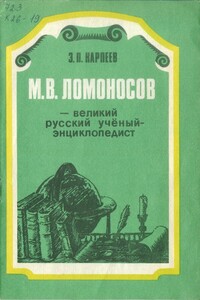Английский язык для специальных и академических целей: Международные отношения и зарубежное регионоведение. Часть 1 | страница 23
Nor does Britain's political set-up deprive the Scots of power. The last two British prime ministers, Tony Blair and Gordon Brown, were born north of the border. Scotland has a disproportionately large number of MPs at Westminster. Edinburgh already has an independent legal system and its parliament has power over a wide range of policy areas, including health, education and housing. Its leaders have not exercised their right to vary income tax: that hardly suggests a Scottish administration straining at a leash held tight by Westminster.
A democratic, peaceful, well-governed nation state is a blessing which should not be casually thrown away. That is a strong negative case against change. But there is also a positive argument, to which the campaign against Scottish independence has struggled to give voice: the idea of union.
The United Kingdom embodies the belief that people with distinct histories and identities can live together, and that their diversity makes their culture, their economy and their polity stronger. Tellingly, most members of ethnic minorities describe themselves as British rather than English or Scottish; they instinctively recognise the capacious, liberal identity — one which rests not on narrow nationalism, but on an enlightened concept of nationhood — that the union offers. In a world plagued by ethnic hatred, cultural prejudice and religious violence, that venerable idea should count for more than the real but fleeting disappointments and sense of alienation that the Scots have experienced in recent decades.
If this ideal were undermined by Britain's dissolution, and the country's voice itself were weakened, the amour propre of Britons would not be the only victim. As a permanent member of the UN Security Council and a big noise in the IMF, the G7 and the European Union, Britain can make itself heard in support of values such as human rights, democracy, freedom of speech, the rule of law and clean government that are threatened by the rise of states and ideologies that do not share them. If Scotland were to push off, neither it nor residual Britain would have as much influence as they do today, and the world would be the poorer for it.
Although this newspaper believes that, for all these reasons, the union is worth preserving, we also think it needs changing. As a political expression of liberal values and attitudes, it would be more credible if it were not so centralised. The devolution of powers to Scotland has been a mild extortion racket; and elsewhere the flow has gone to Westminster rather than away from it. But if diverse peoples are to be bound together, they must be given plenty of slack. So instead of trying to buy Scottish votes with more cash, Mr Cameron should devolve far more power to all Britain's cities and regions.



